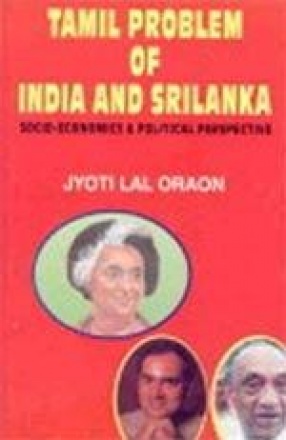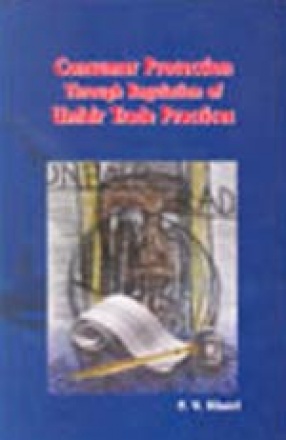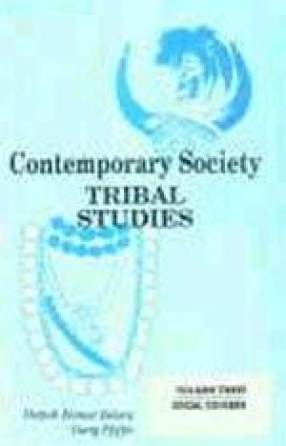The book is a pioneer work that provides deep insight into the genesis and growth of Tamil problems vis-a-vis India’s relation with Sri Lanka during the period 1948-1987. Basically the Tamil problem of Sri Lanka is an outcome of colonial rule. Portugal and British dominance and control in Sri Lanka was established in the 16 and 19 centuries. A large number of Tamils of Southern India were migrated by them in the tea garden as labourers in the north eastern region of Sri Lanka. Their divide and rule policy culminated and sowed the seeds of ethnic conflict. Even after Ceylon’s independence in 1948, the various government did not try to solve this ethnic conflict sincerely. Original Singhlee and Tamils being in minority were discriminated politically and socially and looked towards India for support. The author has gone very deep into this burning problems, both for Sri Lanka and India. The book deals with the growth of the militant organisations called Tamil United Liberation Federation (TULF) and the Liberation of Tamil Tiger Ellam (LTTE) which was formed by the frustrated Tamils in 1976. Thereafter since 1983 the deadly battle between the government and the LTTE is continuing even today. In the midest of this violent struggle the then Prime Minister of India Mr. Rajeev Gandhi entered into agreement in 1984 with Sri Lanka and Indian Army was sent there as Indian peace keeping force and to resolve conflicts which was bitterly criticized. The LTTE are still demanding a separate homeland with self governance and internal autonomy. But the efforts of peace procedure got a severe jolt, due to recent political upheavals in Sri Lanka with the declaration of emergency on 4 November, 2003 and suspension of the parliament by a week by President Chandrika Kumar Tunga. Thus peace procedure has further Jeopardised. The Tamil problem is a live one and the flame of Tamil militancy is still burning.
Women in Ancient India
$13.50
$15.00





There are no reviews yet.